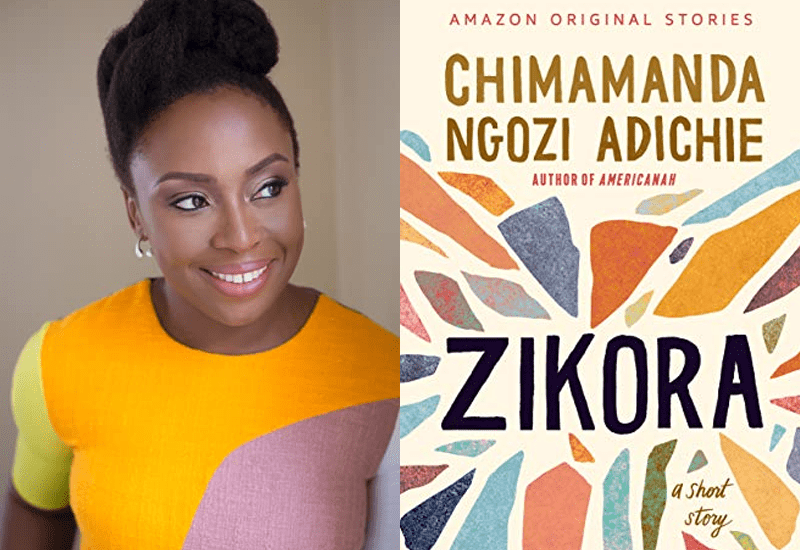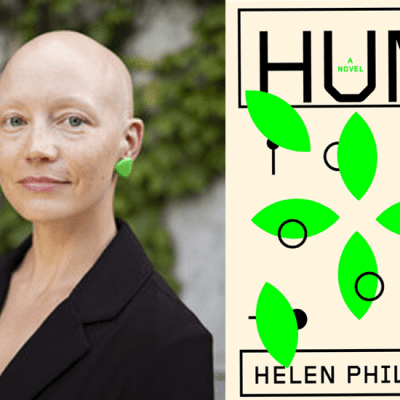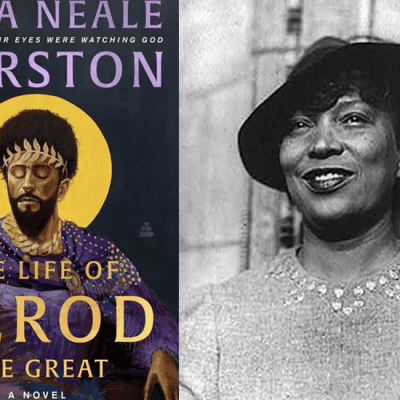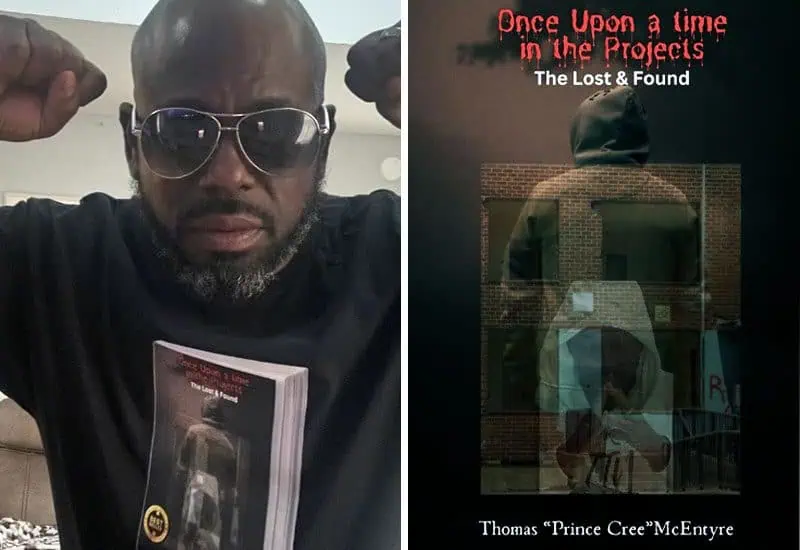
Acclaimed author Chimamanda Ngozi Adichie has released her first work of fiction since her 2013 novel Americanah. The short story, titled Zikora, is part of Amazon Original Stories, meaning that Prime members and Kindle Unlimited subscribers can download it free of charge.
The story follows Zikora, a Nigerian woman living in Washington D.C., who falls pregnant after being abandoned by her vigorous lover. All at once, she must cope with the loss of her relationship, complications of childbirth, and her taxing mother who shows up to give unwanted assistance in order to prepare her daughter for motherhood.
Provided by EW, here is an excerpt from Adichie’s latest work:
Excerpt from “Zikora,” by Chimamanda Ngozi Adichie
All through the night my mother sat near me but never touched me.
Once, I screamed, a short scream that lanced the air in the hospital room, and she said, “That’s how labor is,” in Igbo, and I wanted to say, “No shit,” but of course she didn’t understand colloquial Americanisms. I had prepared for pain but this was not mere pain. It was something like pain and different from pain. It sat like fire in my back, spreading to my thighs, squeezing and crushing my insides, pulling downward, spiraling. It felt like the Old Testament. A plague. A primitive wind blowing at will, evil but purposelessly so, an overcoming in my body that didn’t need to be. Hour after hour of this, and yet the nurses said I wasn’t progressing. “You’re not progressing,” the smaller nurse said as though it were my fault.
The room felt too warm and then too cold. My arms itched, my scalp itched, and malaise lay over me like a mist. I wanted nothing touching my body. I yanked off my hospital gown, the flimsy blue fabric with its effete dangling ropes that gaped open at the back as if designed to humiliate. Naked, I perched on the edge of the bed and retched. Relief was impossible; everything was impossible. I stood up, sat down, and then I got on my hands and knees, my taut belly hanging in between. The clenching in my lower body came and went, random, irregular, like mean surprises.
The bigger nurse was saying something.
I shouted at her, “I need it now!”
“You’ll get the epidural soon,” she said.
The smaller nurse needed to check me. I rolled onto my back. An invasion of fingers. She was gloved and I couldn’t see her nails, but her false eyelashes, curving from her upper lids like black feathers, made me worry that her nails were long and sharp and would pierce through the latex and puncture my uterus. I tensed up.
“Bring your feet up and let your legs fall apart,” she said.
“What?”
“Bring your feet up and let your legs fall apart.”
Let your legs fall apart.
What did that even mean? How could legs fall apart? I began to laugh. From somewhere outside myself I heard the hysteria in my laughter. The nurse looked at me with the resigned expression of a person who had seen all the forms of madness that overtook birthing women lying on their backs with their bodies open to the world.
“You’re not progressing,” she said.
***
Then came a wave of exhaustion, a tiredness limp and bloodless. I was leaving my body. I could die. I could die here, now, today, like Chinyere died in a fancy Lagos hospital that had flat-screen TVs in the labor ward. It was her third childbirth and she was walking, chatting with the nurses, stopping to breathe through each contraction, and then midsentence, she paused and collapsed and died. She was my cousin’s cousin. I had not liked her but I had mourned her.
My heart was beating fast. I’d read somewhere that maternal mortality was higher in America than anywhere else in the Western world—or was it just higher for Black women? The subject had never really interested me. I’d felt at most a faraway concern, as though it was something that happened to other people. I should have paid more attention. Now I would die in this hospital room with its rolling table and its picture of faded flowers on the wall, and become a tiny nameless dot in the data, and somebody somewhere would read a new report on maternal mortality and mildly wonder if it was Black women who died more often.
My doctor came in looking unbearably calm.
“Dr. K, something is wrong. I just know something is wrong,” I said.
My body was turning on me in spasms and wrenches I had never before known, each with a dark promise of its own return. Something had to be wrong; childbirth could not be this gratuitous and cruel.
“Nothing is wrong, Zikora, it’s all normal.”
“I’m tired, I’m so tired,” I said, in my mind the image of Chinyere pregnant and dead on a hospital floor.
“Epidural is almost here. I know it’s difficult, but what you are feeling is perfectly normal.”
“You don’t know how it feels,” I said. Before today, he was the lovely Iranian doctor I’d chosen for the compassion in his eyes. Today, he was a monstrous man pontificating opaquely about things he would never experience. What was “normal”? That Nature traded in unnecessary pain? It wasn’t his intestines being set on fire, after all.
I caught my mother’s glance, that icy expression she had when I was a child and did something in public where she couldn’t slap me right away as she would have liked.
Once, I was about nine, and my father’s second wife, Aunty Nwanneka, had just had a baby, my brother Ugonna (“Your half brother,” my mother always said). To visit the baby, my mother asked me to wear a going-out dress, red and full skirted, as though for church. Aunty Nwanneka offered us plantain and fish, the house smelled of delicious frying, and my mother said no thank you, that we had just eaten, but when I went to pee, I told Aunty Nwanneka I was hungry, and she brought me a plate, smiling, her face plump and fresh. Later, as we walked to the car, my mother slapped me. “Don’t disgrace me like that again,” she said calmly, and for a long time I remembered the sudden vertigo, feeling surprise rather than pain as her palm struck the back of my head.
I was disgracing her now; I was not facing labor with laced-up dignity. She wanted me to meet each rush of pain with a mute grinding of teeth, to endure pain with pride, to embrace pain, even. When I had severe cramps as a teenager, she would say, “Bear it, that is what it means to be a woman,” and it was years before I knew that girls took Buscopan for period pain.
Excerpted from “Zikora,” by Chimamanda Ngozi Adichie, with permission from the publisher, Amazon Original Stories. Copyright ©2020 by Chimamanda Ngozi Adichie.








